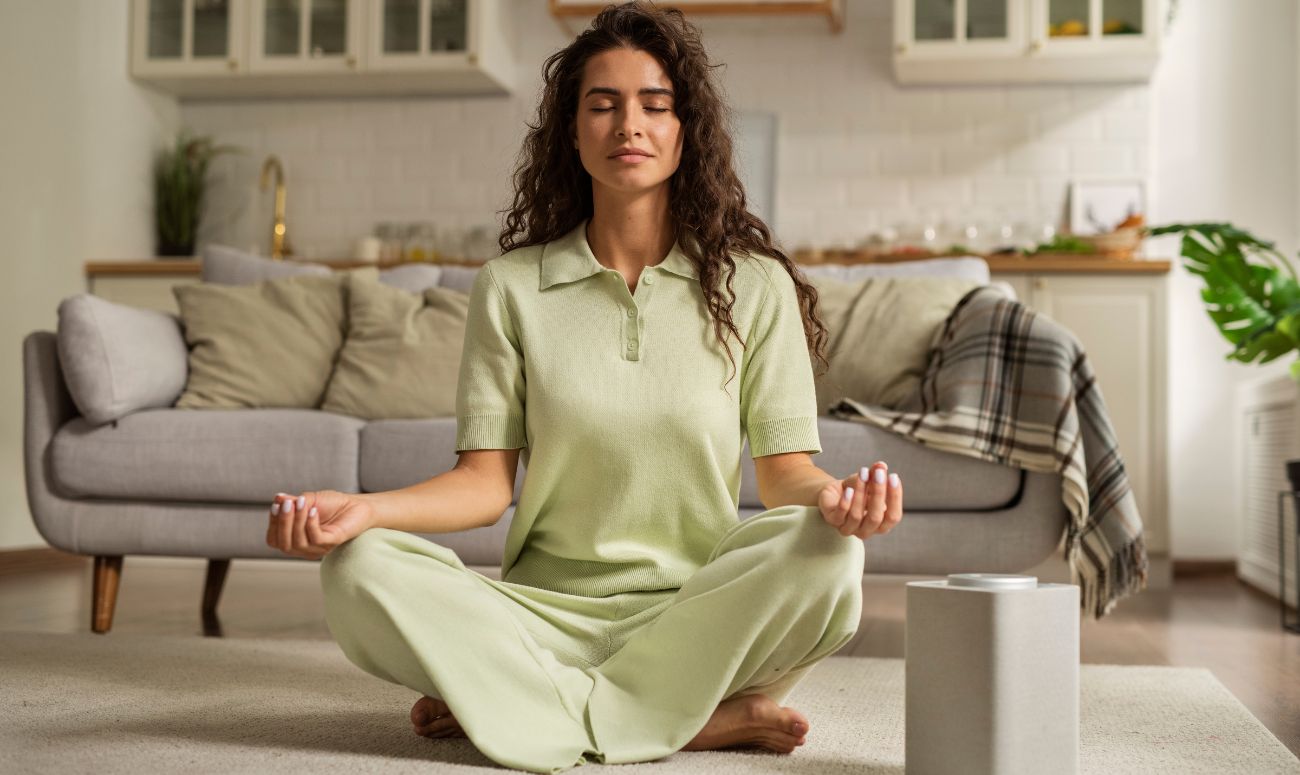Self-care practices, as the name suggests, are all about caring for yourself to fuel your physical, mental, and emotional needs. However, most people confuse self-care practices with self-care rituals like putting on a face mask, enjoying a good book, soaking in a warm bath, etc. Yes, those are also activities that nurture the self, but self-care is a larger term that begins with habits that are aimed at taking care of yourself. All the stress relief activities in the world won’t help you if you aren’t taking good care of yourself; by sleeping well, by nourishing your body with healthy foods, by being active enough to encourage mobility in your bones.
Self-care is a multidimensional, multifaceted process of purposeful activities that promote healthy functioning of the mind and body and enhance overall well-being. Essentially, it means consciously indulging in activities that promote your physical, mental, and emotional health.
But Why Is Self-Care So Important?
Practicing self-care activities is vital for building resilience towards stressors that you cannot eliminate. Life is very unpredictable; you cannot be prepared for everything. But by taking steps to care for your mind and body, you’re equipped to not only tackle anything life throws at you but also to live your best life.
Most people view self-care as a luxury instead of a necessity; a priority. Those people are left feeling stressed, tired, and overwhelmed to deal with life’s inevitable challenges. Self-care isn’t just about finding ways to relax, but also nurturing yourself mentally, physically, emotionally, socially, and spiritually. By creating a balance between these areas, you’re driven towards a holistic journey that enables you to live your life to its full potential.
What Are The 5 Pillars Of Self-Care?
1. Physical Self-Care

Just like a machine, you need to take care of your body to function smoothly. Fostering a strong mind-body connection is key to physical self-care. Listening to your body can be tough but start by asking yourself these following questions:
- Am I getting adequate sleep?
- Is my diet fueling my body?
- Am I taking charge of my health?
- Am I getting enough exercise?
2. Social Self-Care

Whether you’re an introvert, an extrovert, or an ambivert, socialisation is key to self-care. We all need quality people around us. But it can be tough to take out time when life gets busy. The key is to figure out your social needs and work around your schedule to create a good social life.
Ask yourself:
- Am I getting enough face-to-face time with my friends?
- What am I doing to nurture my relationships with friends and family?
3. Mental Self-Care
Your thoughts have the power to change your life, it all depends on what you think and what you let yourself fill your mind with. Mental self-care is extremely important to keep alive your mind-body connection while also working on keeping your mind sharp. Some can include puzzles, playing games, reading, learning about subjects that intrigue you. Mental self-care also includes self-compassion and maintaining a positive inner dialogue.
Ask yourself:
- Am I making enough time for activities that mentally stimulate me?
- Am I doing proactive things to stay mentally healthy?
4. Spiritual Self-Care

We often neglect this part of our lives but research has shown that practicing a religion or a form of spirituality leads to a healthier lifestyle. Just like you nurture your mind and body, you need to nurture your spirit. And while you may not be actively practicing, spiritual self-care requires building a deeper connection with the universe, a higher power. This can be cultivated through meditation, praying or however you would like to foster this connection.
Ask yourself:
- What questions do I ask myself about life and experience?
- Am I engaging in spiritual practices that fulfill me?
5. Emotional Self-Care
Strong emotional health arms you with the coping skills to deal with uncomfortable emotions like anger, anxiety, grief, and more. Emotional self-care starts with acknowledging these emotions and processing them in a healthy manner. It also comes with healthy expression. This can come through talking to a close friend or a partner or setting time aside for activities that release the stress from these emotions.
Ask yourself:
- Do I have healthy ways of processing my emotions?
- Do I incorporate activities into my life that help me feel recharged?
According to the World Health Organization (WHO), self-care is essential for good health, lowered risk of disease, and better coping with illness. Self-care looks different for everyone and should be tailored to your life and needs. Don’t wait until you’ve reached your breaking point but do everything in your power to prevent that from happening. This will not only keep you in good health but also keep you sane.
Read More: Are You Getting All 4 Stages Of Sleep? Find Out
Like & Follow ThinkRight.me on Facebook, Instagram, Twitter, Pinterest and Telegram to stay connected.






























